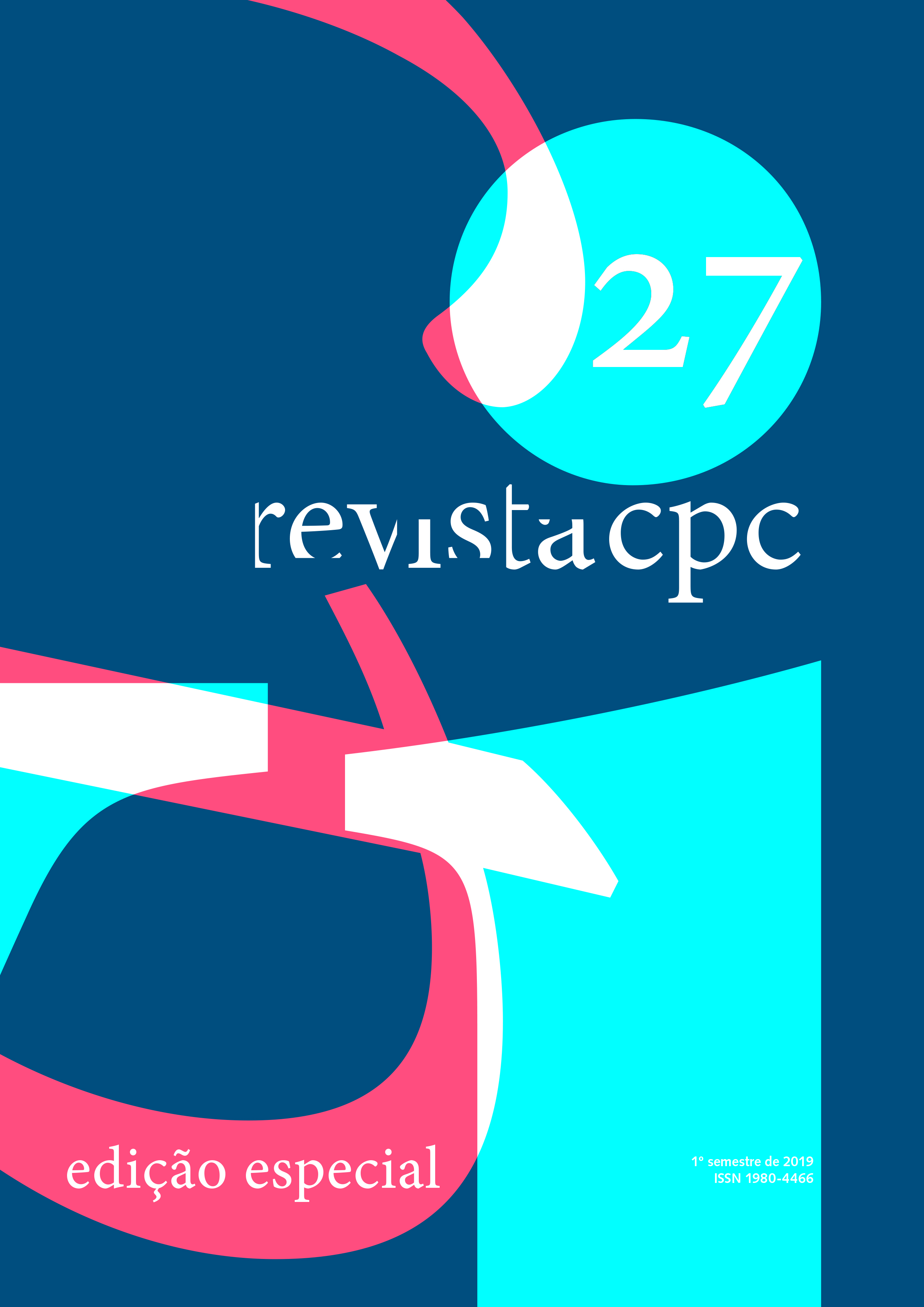Do buraco ao mundo: segredos, rituais e patrimônio de um quilombo-indígena
DOI:
https://doi.org/10.11606/issn.1980-4466.v14i27espp165-184Palavras-chave:
Educação patrimonial, Educação indígena, QuilombosResumo
Quando problematizamos os processos de pesquisa que não levam em consideração a participação dos atores locais naquilo que se apresenta como as suas referências culturais, nos defrontamos com cenários nos quais a cultura do silêncio é imposta. Contrária a essa perspectiva, a ação de educação patrimonial “Do buraco ao mundo” consistiu na condução de processos participativos com a comunidade Tiririca dos Crioulos na busca de suas referências culturais. Localizada no estado de Pernambuco (região Nordeste do Brasil), a Tiririca se autodenomina um quilombo-indígena, fundamentando essa identidade a partir de suas narrativas e relações de parentesco. A ação atuou na produção de materiais didáticos compostos por um “documento sonoro” (CD duplo), vídeos e um livro que são disponibilizados em um blog. As relações foram horizontalizadas na promoção do conhecimento intercultural, reconhecendo que o curso da pesquisa é uma negociação em andamento. Com isso, foram legitimadas outras formas de conhecimento (parteiras, rezadores, artesãs e outras pessoas reconhecidas na comunidade por seus saberes) que não os necessariamente gerados em instituições de ensino e pesquisa formais. As relações de pesquisa assim conduzidas viabilizaram outros espaços de transmissão e produção de conhecimentos, na mediação de experiências educativas que perpassam diferentes gerações nos processos de interação com o (e no) território como fonte de pesquisa. Se do território emergem as experiências, consequentemente os processos de pesquisa se transformaram em uma “pesquisa de si”, com a (re)valorização de importantes personagens locais. Este trabalho apresenta as atividades conduzidas ao longo do primeiro ano da ação “Do buraco ao mundo”.
Downloads
Downloads
Publicado
Edição
Seção
Licença
- Os autores mantêm os direitos autorais e concedem à revista o direito de primeira publicação, com o trabalho simultaneamente licenciado sob a Licença Creative Commons Attribution que permite o compartilhamento do trabalho com reconhecimento da autoria e publicação inicial nesta revista.
- Os autores têm autorização para assumir contratos adicionais separadamente, para distribuição não exclusiva da versão do trabalho publicada nesta revista (ex.: publicar em repositório institucional ou como capítulo de livro), com reconhecimento de autoria e publicação inicial nesta revista.
- Os autores têm permissão e são estimulados a publicar e distribuir seu trabalho on-line (ex.: em repositórios institucionais ou na sua página pessoal) a qualquer ponto antes ou durante o processo editorial, já que isso pode gerar alterações produtivas, bem como aumentar o impacto e a citação do trabalho publicado (Veja O Efeito do Acesso Livre).








